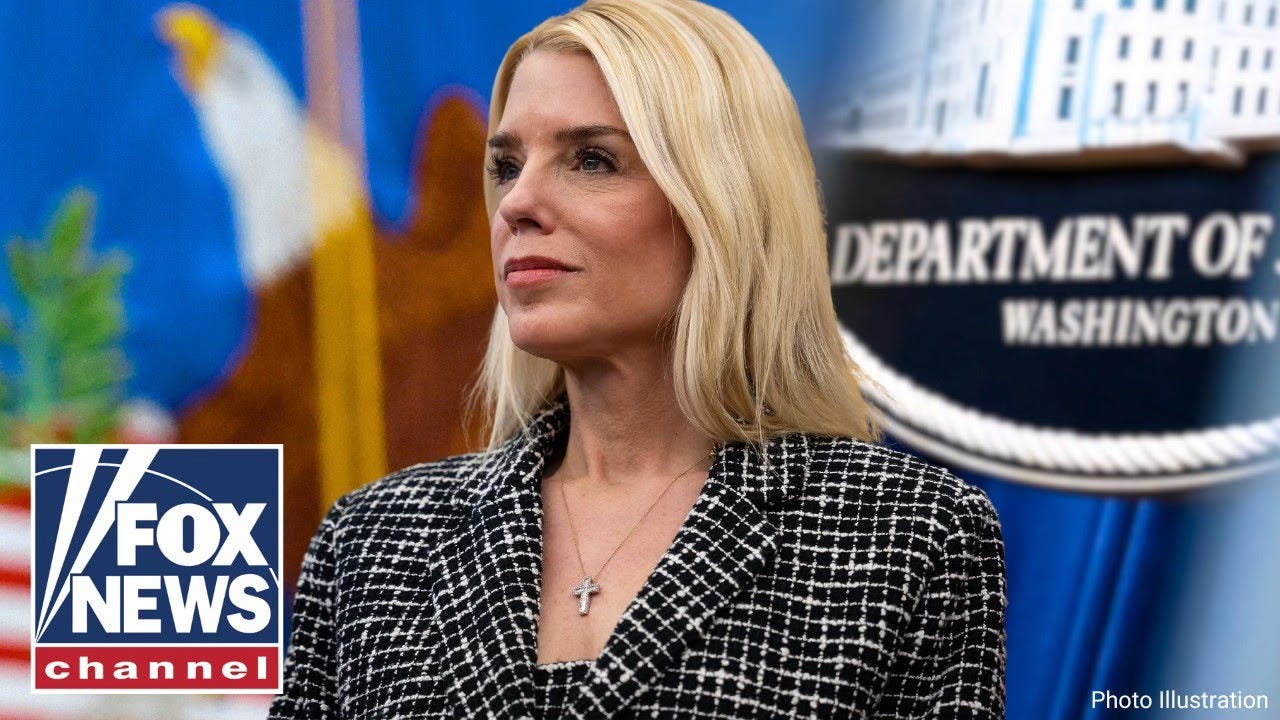Exclusive: Justice Department Erases Domestic Terror Unit
FBI unit is also drained of personnel while domestic threat level has risen to “red,” former senior DOJ lawyer tells SpyTalk in an exclusive interview. "So now we have no data," he says.

A top official in the Justice Department unit assigned to combat domestic terrorism has resigned in frustration after watching his office effectively gutted with much of its funding cut off and its lawyers reassigned to immigration enforcement and other matters.
“I no longer had a functioning job. There was nothing for me to do anymore,” said Thomas Brzozowski, who had served as the unit’s senior counsel for the last 10 years, in an exclusive interview on the SpyTalk podcast scheduled for posting on Friday. “And so I couldn’t in good conscience continue to hold myself out as counsel for domestic terrorism when it became evidence to me that this was simply not going to be something that I would be permitted to work on.”
The net result, according to Brzozowski: “There has been a clear retreat by the federal government in its fight against violent extremism.”
The resignation of Brzozowski, which has not been previously reported, is the latest sign of turmoil and disruption in the upper ranks of U.S. law enforcement under Attorney General Pam Bondi and FBI Director Kash Patel.






